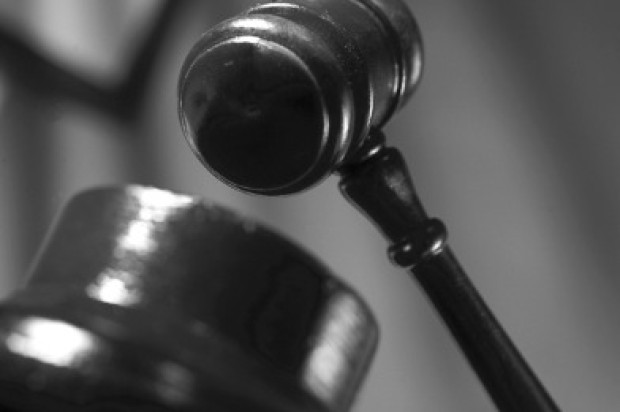
An undercover FBI agent insisted during cross-examination in federal court in San Francisco today that Chinatown tong leader Raymond “Shrimp Boy” Chow always accepted alleged payoffs while appearing to protest them.
“Mr. Chow continually made falsely exculpatory statements,” the agent told the jury in Chow’s trial on charges of racketeering conspiracy, murder, money laundering and conspiring to receive stolen goods.
The agent, identified only by the pseudonym of Dave Jordan, posed as a Mafia member and was the lead undercover agent for nearly four years during a probe of Chow, 55, and his associates in the Chee Kung Tong civic association.
His cross-examination by defense attorney Curtis Briggs began this afternoon, following five days of testimony for the prosecution.
The “exculpatory statements” the agent referred to included Chow’s words such as “No, no, no” when Jordan allegedly put envelopes of cash in his pocket to pay for introductions to associates who would launder money and sell stolen goods, drugs and guns.
But despite the protests, Chow “never” gave the envelopes back to Jordan, the agent testified under questioning by Briggs.
The agent said that Chow’s “mantra,” as the alleged head of a criminal organization, was “to keep him out of it, keep him isolated” from the alleged crimes.
During his direct examination by prosecutors, the agent testified to about two dozen occasions between 2011 and early 2014 when Chow allegedly accepted envelopes of between $500 and $7,000 as payments for introductions to associates who would carry out crimes.
Chow’s words of protest were captured by a recorder hidden in the agent’s clothing and have been played to the jury. The agent previously testified that Chow nevertheless silently accepted the payments.
“How many times does somebody have to say ‘no’ before you don’t put the envelope in their pocket?” Briggs asked the agent.
“I don’t think there’s a specific number, sir,” Jordan answered.
Briggs asked about an episode in 2012 when, according to the attorney, Chow did appear to return an envelope to Jordan.
But the agent contended that on that occasion, he was calling Chow’s bluff and ended up giving him the envelope a second time.
When Chow held the envelope up in the air as if to return it, “I snatched it out of his hand. I reached in and grabbed it.”
“I did it for shock value. He was completely shocked,” said the agent, who testified that he then gave the envelope back to Chow.
Briggs also questioned the agent about his previous testimony that he “always” explained to Chow that the payments were for introductions to associates who worked with Jordan to carry out crimes.
After Briggs replayed recordings of three conversations in which the agent allegedly gave Chow cash, the agent conceded that two of the recordings did not show that Chow knew the purpose of the gifts.
“I misspoke” in saying “always” in the previous testimony, the agent said.
In the third recording played by Briggs, Jordan is heard telling Chow, “We’re doing good, we’re doing good together,” as he allegedly gives him an envelope.
The agent said of that recording, “Mr. Chow is a pretty smart man. I believed he understood what I was talking about.”
The cross-examination is expected to be completed tomorrow.
Chow, who previously served a prison sentence for racketeering and gun trafficking, became the leader, or dragonhead, of the Chee Kung Tong in 2006 after his predecessor, Allen Leung, was murdered in his Chinatown import-export office by a masked gunman.
Prosecutors contend after taking office, he ran a criminal faction of the tong as a racketeering enterprise.
In October, a federal grand jury revised an indictment against Chow to include charges that he caused Leung’s murder and conspired to murder another rival who was fatally shot in Mendocino County in 2013.
Chow has been in custody since his arrest in March 2014. His lawyers contend he has reformed, is innocent of all charges and has become a community leader dedicated to turning Chinatown youth away from crime.
Julia Cheever, Bay City News









